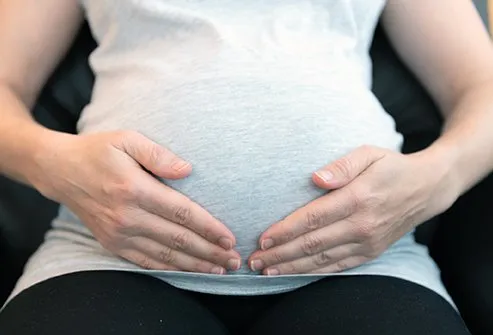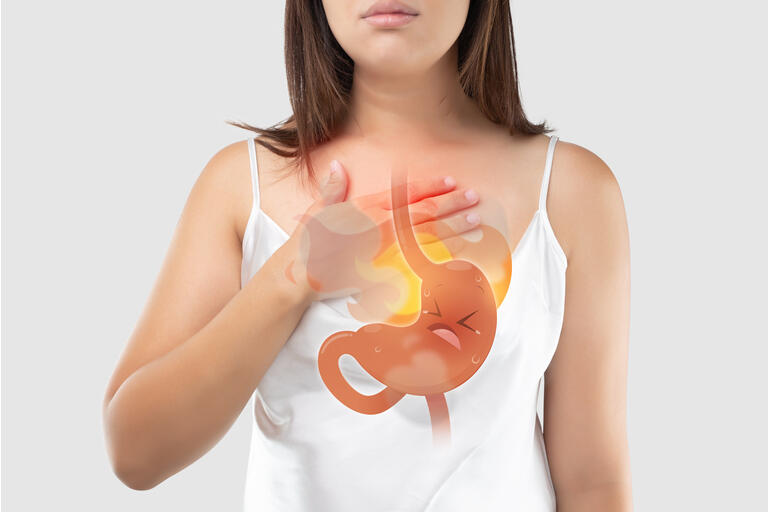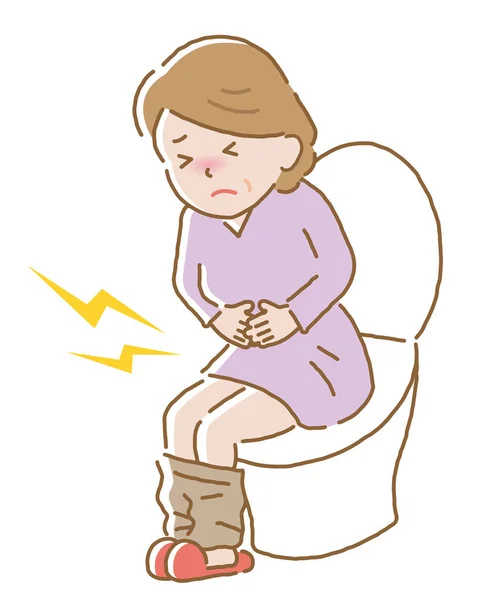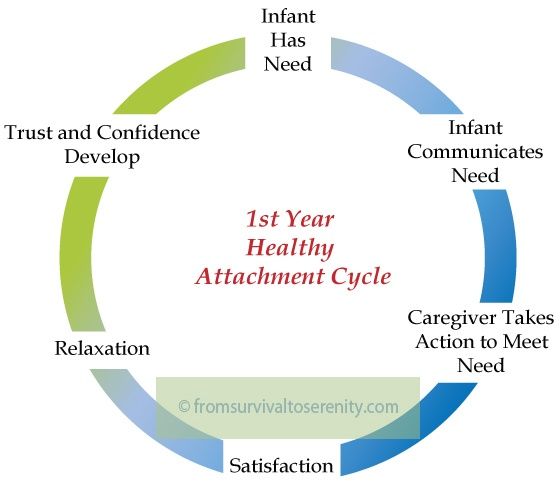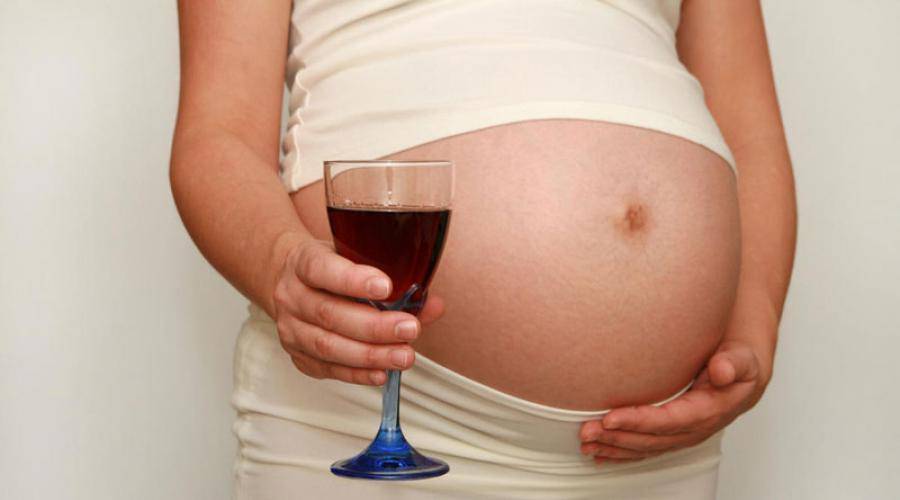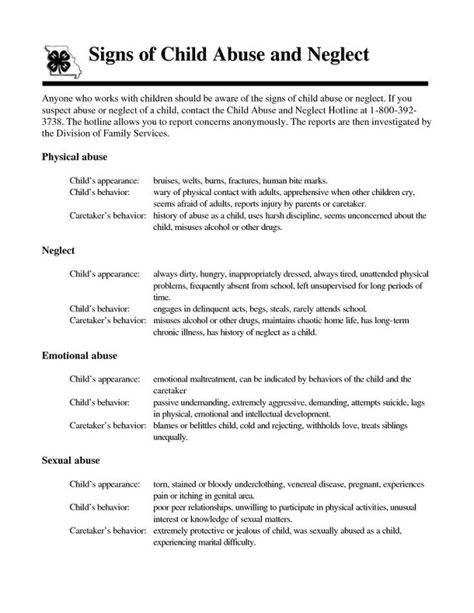Cheese cravings pregnancy
Craving Cheese During Pregnancy? What it Means (or Not)
Last Updated on September 24, 2022
Have you been puzzled by your cheese craving during your pregnancy? What does it mean?
Craving cheese during pregnancy may mean you are deficient in specific nutrients it contains, including calcium or protein. However, craving cheese can also simply be due to hormonal changes that naturally occur during pregnancy.
Much information surrounding cheese cravings during pregnancy is misleading or flat-out false. So let’s dive into the truth surrounding craving cheese during pregnancy!
Covered in this Article:
Why am I Craving Cheese During Pregnancy? Is it Normal?Craving cheese is very common during pregnancy and is not a cause for alarm or worry. In fact, 50-90% of women experience a craving for a specific food during their pregnancy (Source: Frontiers in Psychology).
They can be caused by hormone shifts, deficiencies in specific nutrients that the craved food contains, sociocultural factors, and more.
When it comes to craving cheese, it often indicates a lack of essential nutrients in the diet, including calcium. This food craving makes sense as calcium needs are very high during pregnancy to support strong bones, nerves, muscles, and much more (source: American Pregnancy Association).
Calcium works together with vitamin D, found in dairy products as well, to prevent the parathyroid gland from releasing a hormone that works to weaken and soften the bones (source: Johns Hopkins Medical School). This weakening of the bones is called osteoporosis and can lead to an increased risk of bone fractures.
Cheese cravings in pregnancy may also indicate a lack of adequate protein in the diet. The American Pregnancy Association recommends that pregnant women consume between 75 and 100 grams of protein daily.
Protein plays a role in the function of every body system from the muscular system to the immune system to the urinary system. Protein is found in meat, poultry, fish, dairy, such as cheese, and some vegetable sources, such as tofu.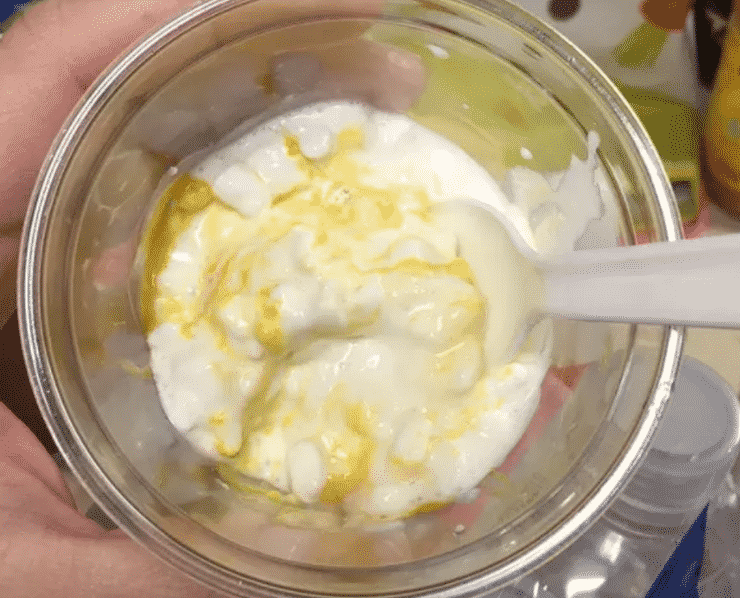
It is a common myth that craving cheese during pregnancy may indicate whether or not you are having a boy or a girl. However, it is simply that – a myth! While it can be a fun guessing game of sorts, there is no scientific evidence that craving cheese means anything more than a nutritional deficiency or hormonal changes.
Is Craving Cheese an Early Sign of Pregnancy?Similarly to indicating whether you are having a boy or girl, many believe that craving cheese can be an early sign of pregnancy even before testing positive on a pregnancy test. Yet, this is a myth, and unfortunately there is no evidence to support it.
If you crave cheese before being pregnant, it may again be due to nutrient deficiencies — or maybe you simply love cheese, and that’s okay too!
How to Safely Satisfy Cheese Cravings When PregnantWhen you crave cheese during your pregnancy, there are many safe options to help satisfy you.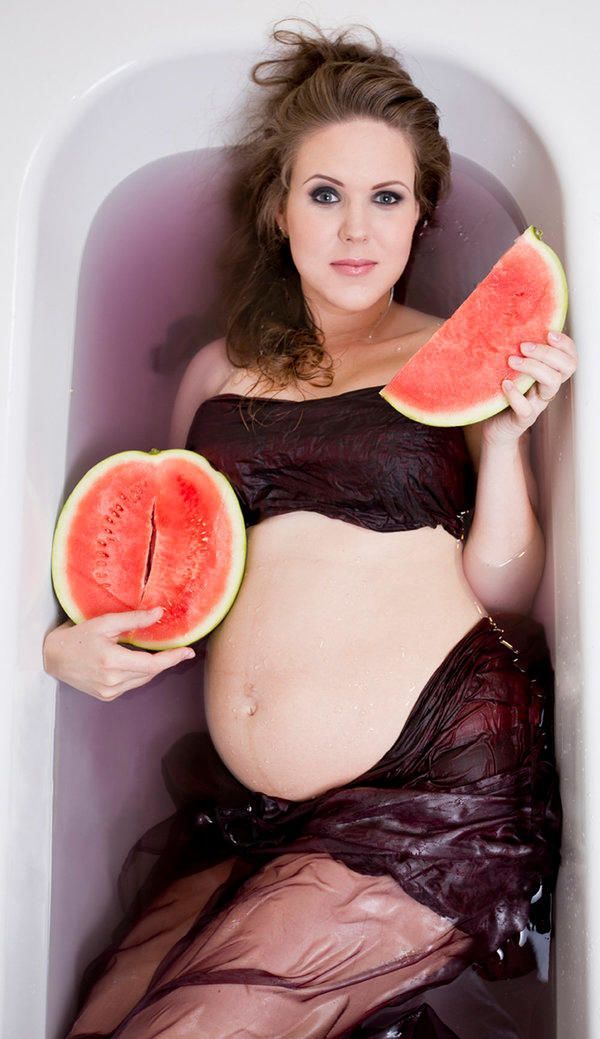 Cheese made with pasteurized milk is safe to consume during pregnancy. Pasteurization is the process of heating to high temperatures to kill bacteria and viruses that may be present.
Cheese made with pasteurized milk is safe to consume during pregnancy. Pasteurization is the process of heating to high temperatures to kill bacteria and viruses that may be present.
Cheeses made with pasteurized milk include American cheese, cheddar cheese, Swiss cheese, and other hard cheeses. Thankfully, most of your favorite cheeses on the grocery store shelves are made from pasteurized milk.
Unfortunately, soft cheeses are best avoided during pregnancy since they are often made with unpasteurized milk and have an increased risk of Listeria, though improbable (source: American Pregnancy Association).
Soft cheese include Brie, Camembert, feta, and gorgonzola. Additionally, avoid Queso Fresco and Queso Blanco as they are often made with unpasteurized milk. The exception is that soft cheeses and Queso cheeses are safe for pregnant women if the packaging specifically states that they are produced with pasteurized milk.
We’ve put together a huge list of pregnancy-safe (and unsafe) cheeses for you to refer to, if you’re a cheese fan.
Additionally, it is essential to note that while cheese is high in calcium, it is also very high in fat. Consuming excess amounts of fat, even during pregnancy, is not recommended as it can lead to an increased risk of developing high blood pressure, high cholesterol, and other chronic health conditions. Therefore, enjoy your cheese in moderation!
I hope you found this article helpful in learning more about your cheese cravings and how to safely satisfy these common pregnancy cravings. If you’re craving dairy in general, then you might also be interested in our dairy craving explanation, too.
| This article has been reviewed and approved for publication in line with our editorial policy. |
Craving For Cheese During Pregnancy - Is It Safe?
Despite the fact that pregnancy makes repugnance for a certain food, pregnancy is renowned for food craving as well. It is one of the best (when you crave for healthy food) or worst (once you crave non-food items like chalk, soap, etc. , which is a condition called pica) things about being pregnant. A lot of women crave cheese during pregnancy. So, Craving For Cheese During Pregnancy – Is It Safe?
, which is a condition called pica) things about being pregnant. A lot of women crave cheese during pregnancy. So, Craving For Cheese During Pregnancy – Is It Safe?
In This Article
- What are Pregnancy Cravings?
- When Do Pregnancy Cravings Start?
- What Causes Pregnancy Cravings?
- Craving for Cheese During Pregnancy
- Is Eating Cheese Safe During Pregnancy?
- What is Listeria?
- Which Varieties of Cheese are Not Safe to Eat During Pregnancy?
- Which Varieties of Cheese are Safe to Eat During Pregnancy?
- Is Eating Goat Cheese During Pregnancy Safe?
- FAQ’s
What are Pregnancy Cravings?
An uncontrollable urge to eat some particular food item (sometimes nonfood items) during pregnancy is called a pregnancy craving. The cravings generally arise for unusual foods and are often triggered by hormones playing around in the bloodstream. Just like food cravings, food aversions are also equally common.
Just like food cravings, food aversions are also equally common.
When Do Pregnancy Cravings Start?
More often than not, cravings start amid the first trimester and specialists think this might be because of the first influx of hormones entering the bloodstream. The craving can start just a week after getting pregnant. So at times, it can be an early indication of pregnancy. To know other early signs of pregnancy click here.
You don’t generally need to stress over the craving unless they abandon you needing a non-nourishment thing like soil. Usually, the craving will vanish or diminish by the fourth month of pregnancy.
What Causes Pregnancy Cravings?
Craving is the result of the influx of pregnancy hormones. Another theory is that in most instances, it is the call of the body’s need as it feels the lack or reduced level of certain minerals and vitamins necessary during pregnancy.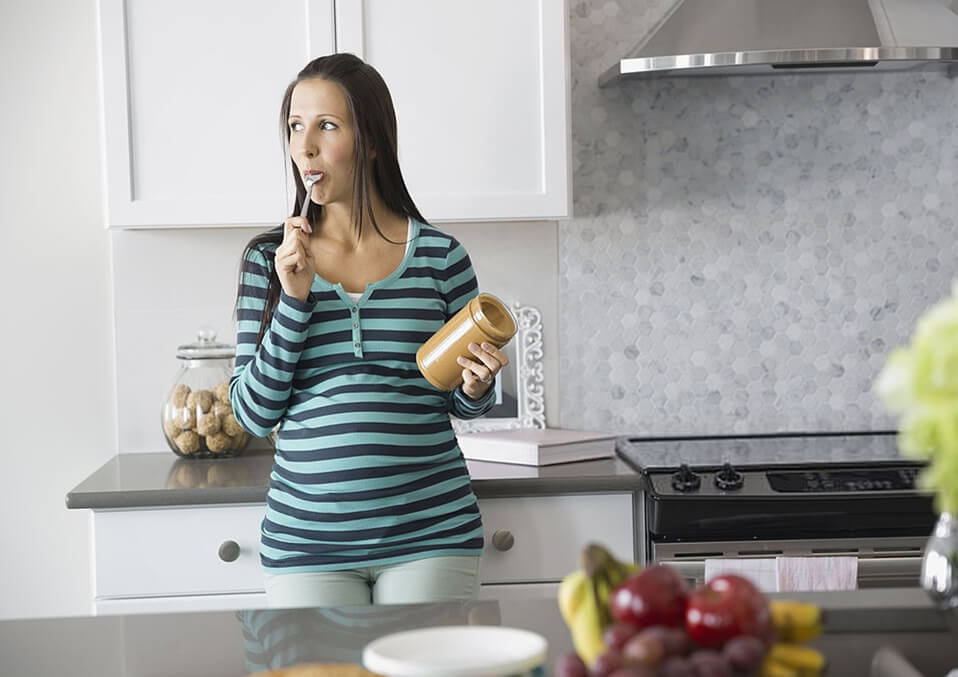 Like, craving for dairy products may be an indication of insufficiency of calcium intake or craving for fruits indicates the need for vitamin c, and so on.
Like, craving for dairy products may be an indication of insufficiency of calcium intake or craving for fruits indicates the need for vitamin c, and so on.
This explains why the taste impulse changes throughout the gestation period. For example, craving for sweets towards the middle of pregnancy due to the increased demand of calories to a craving for salt as the increased blood volume demands more sodium.
Craving for Cheese During Pregnancy
One of the most popular cravings during pregnancy is the irresistible craving for cheese. Cheese is a good source of calcium. Calcium during pregnancy is very important. Your unborn baby needs calcium for the growth and development of healthy teeth and bones. However, cheese can be hard on your digestive system and can induce constipation.
Is Eating Cheese Safe During Pregnancy?
There are many varieties of cheese. Not all varieties of cheese are safe to have during pregnancy as some of them will probably develop microscopic organisms, for example, Listeria, which may hurt your unborn child. Usually, hard cheese varieties are considered safe to eat during pregnancy.
Not all varieties of cheese are safe to have during pregnancy as some of them will probably develop microscopic organisms, for example, Listeria, which may hurt your unborn child. Usually, hard cheese varieties are considered safe to eat during pregnancy.
What is Listeria?
Listeria is a kind of bacteria that is present in food that may not have been stored or cooked properly. The bacteria can impact the individual who eats that food that has not been appropriately cooked. If a mum-to-be gets infected with Listeria, she can get sick with a disease called listeriosis.
This causes influenza-like symptoms. Despite the fact that listeriosis may not cause any serious health issues for the mum-to-be, it can bring about serious health issues for the unborn. It can even prompt premature delivery, or in around one in every five cases, stillbirth or severe health issues in the newborn baby.
Which Varieties of Cheese are Not Safe to Eat During Pregnancy?
Not all kinds of cheese are okay to have when you are pregnant. Following varieties of cheese are not safe to eat during pregnancy.
1. Soft Cheese
Soft cheeses are often not pasteurized – a process that kills Listeria. Cheeses such as feta, Brie, and Queso Fresco fall under this category. Soft blue-veined cheese is also not safe to have during pregnancy.
2. Mould-Ripened Soft Cheese
This is not safe to have during pregnancy as the moulds with which they are made can contain Listeria.
3. Soft Unpasteurized Sheep and Goat Cheese
Chabichou, chevre, pyramide and torta del cesar come under this category.
Which Varieties of Cheese are Safe to Eat During Pregnancy?
Following varieties of cheese are safe to eat during pregnancy;
1.
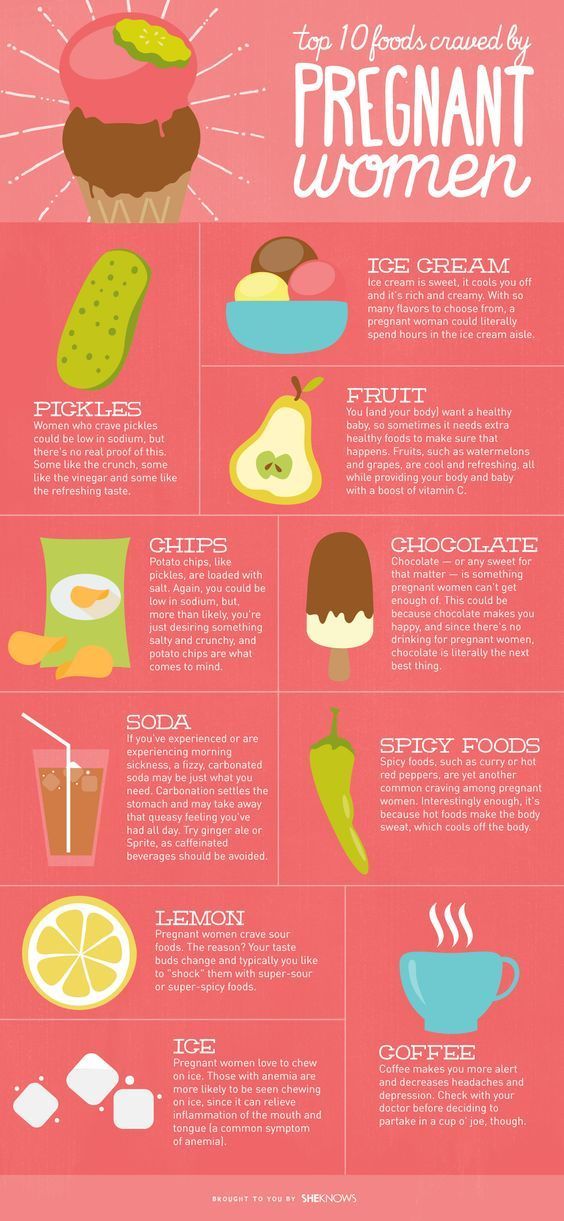 Hard Cheese
Hard CheeseYou can eat all hard cheeses, for example, smoked versions, Cheddar, Parmesan, and Stilton, regardless of the possibility that they’re made with unpasteurized milk. This is because hard cheese doesn’t contain as much water as delicate cheeses so microbes are less inclined to develop in them.
2. Cheese Made From Pasteurized Milk
Numerous different sorts of cheddar are alright to eat, however, ensure they’re produced using pasteurized milk. This incorporates curds, mozzarella, cream cheddar, paneer, halloumi, goat’s cheddar, and processed cheeses, for example, cheese spreads.
3. Soft Cheese Made From Pasteurized Milk
Soft cheese, if processed and made from pasteurized milk, is safe to eat during pregnancy.
Is Eating Goat Cheese During Pregnancy Safe?
It is said that goat cheese befits more than cow cheese. This is because it has
- Fewer calories than cow cheese.
- It is much easier to digest than cow cheese.
 Actually, one who is allergic to cow milk can drink goat milk without any issues. And vice versa.
Actually, one who is allergic to cow milk can drink goat milk without any issues. And vice versa. - Goat cheese has more vitamins and minerals than cow cheese, just like goat milk.
Despite these factors, you should avoid eating soft goat cheese – chevre which is also mold-ripened. On the other hand, like in the case of cow cheese, hard goat cheese can be eaten during pregnancy as it will not cause any health issues.
You can always go for a grilled cheese sandwich (either hard cow cheese or goat cheese) made with whole wheat bread, which can be both a healthy snack and an answer to your craving. However, the key to a healthy pregnancy is to eat a well-balanced nutritious diet that contains the necessary vitamins, minerals, and other nutrients.
Read Also: Top 8 Ways To Deal With Food Cravings During Pregnancy
FAQ’s
1. Can I Eat Blue Cheese When Pregnant?
No, it is not a safe choice. Blue cheese can increase the chances of listeria poisoning. If the blue cheese is spoilt, it can cause food poisoning.
If the blue cheese is spoilt, it can cause food poisoning.
2. Can I Eat Cheese Everyday When am Pregnant?
Yes you can. Hard cheese varieties made from pasteurized milk are safe. However, do not over eat cheese as it can be hard to digest.
3. Can Eating Cheese During Pregnancy Help the Unborn Baby?
Cheese is a rich source of Vitamin D. Regular but controlled intake of cheese during pregnancy can help your baby. It can improve the cognitive development of the fetus.
4. Can Cheese Cause a Miscarriage?
Cheese that is not made from pasteurized milk can contain listeria. Listeria is a dangerous bacteria that can cause abortion. It can even cause health issues in the unborn child.
What does the craving for certain foods during pregnancy indicate? But still, we remember the best way to treat friends, and we can talk about the gastronomic preferences of family members for hours.
 However, all this does not apply at all to future mothers, whose desires and preferences can change, like the weather in April or October, ten times a day. Moreover, no pregnant woman will ever be able to predict what she will want to eat in an hour. Where does the incomprehensible craving of pregnant women for completely unexpected products come from and how to deal with it? And is such a struggle really necessary?
However, all this does not apply at all to future mothers, whose desires and preferences can change, like the weather in April or October, ten times a day. Moreover, no pregnant woman will ever be able to predict what she will want to eat in an hour. Where does the incomprehensible craving of pregnant women for completely unexpected products come from and how to deal with it? And is such a struggle really necessary?
Why pregnant women may have strange taste preferences
Indeed, pregnant women very often do not just change their taste preferences, but show truly fantastic ingenuity. How do you, for example, beer with marshmallows? Or clay with mayonnaise?
When interviewing pregnant women about their food preferences, it turned out that about 40% of the women surveyed constantly wanted sweets, about 33% preferred something salty, 17% of the respondents chose spicy dishes, and 10% - sour foods.
Some researchers who have observed the eating habits of pregnant women have come to the conclusion that the unusual desires of pregnant women associated with food appear only because the expectant mother’s body may be deficient in any necessary micro or macro elements or vitamins, and the body tends to replenish the missing resources from any sources.
Other scientists believe that some of the strangeness in the changed taste perception of pregnant women can be explained by hormonal changes that accompany every pregnancy. And since the work of the endocrine system is still insufficiently studied, such changes are neither predictable nor correctable.
Scientists note the so-called nostalgic factor. If a pregnant woman is far from her parental home or far from the places where she grew up or with which she has very positive memories, then she may subconsciously want something that will remind her of her childhood or some pleasant moments.
However, sometimes the taste preferences of pregnant women extend to completely inedible substances: chalk, soap, clay, coal, toothpaste, sand, earth. It can be assumed that chalk can become a source of calcium. But where does the desire to eat the earth come from? Doctors believe that any case of such strange food desires should be a reason to see a doctor, because this can hide not only a lack of any substances, but also serious problems, including with the psyche.
It can be assumed that chalk can become a source of calcium. But where does the desire to eat the earth come from? Doctors believe that any case of such strange food desires should be a reason to see a doctor, because this can hide not only a lack of any substances, but also serious problems, including with the psyche.
According to sociological surveys conducted among pregnant women, the strangest desires were soap, plaster and cigarette ash. Of the foods common to the human menu, the cravings for hot peppers, raw onions, moldy cheese (even if it is not a noble variety, but an ordinary piece moldy in the refrigerator), raw potatoes, horseradish, pickled apples and other products that share one feature - a pronounced sharp taste.
Endocrine causes of changes in food preferences
Researchers and practicing gynecologists believe that one of the reasons for the change in the dietary preferences of a pregnant woman is the production of progesterone by the body of the expectant mother. The hormone progesterone is necessary to keep the fetal egg, which has just attached to the wall of the uterus, and later - to avoid possible spontaneous abortion (miscarriage) or premature birth.
The hormone progesterone is necessary to keep the fetal egg, which has just attached to the wall of the uterus, and later - to avoid possible spontaneous abortion (miscarriage) or premature birth.
Active production of progesterone in the body causes some biochemical changes, as a result of which the expectant mother's sense of smell, taste perception and even lability (mobility) of the nervous system change. It is progesterone, which protects the fetus, controls how the developing body is supplied with the necessary vitamins, micro- and macroelements, and in the event of any deficiency, it immediately begins to signal, which manifests itself in food preferences and even cravings for certain foods.
What do the taste oddities of pregnant women indicate?
Unfortunately, science cannot yet explain the cause of all unusual or uncharacteristic food desires for a woman. However, the appearance of some desires is quite understandable, and their appearance can, and sometimes should be the reason for going to the doctor.
1. Pregnant women often show a desire to eat something salty. Such a desire can be caused by some kind of inflammatory process that develops in the body. It is necessary to check the possible danger. In addition, it is known that toxicosis often develops in the initial stages of pregnancy, which causes dehydration. This is what can cause cravings for salty foods - salt retains water in the body, and the necessary water-salt balance is maintained.
2. Often expectant mothers want to eat something sour. If this desire is not associated with the onset of early toxicosis, then it may be caused by a reduced level of gastric acidity or insufficient production of gastric juice. Thus, the pregnant woman has a reason to visit a gastroenterologist.
3. One of the reasons for the irresistible desire to eat more sweets can be stress or overstrain (mental, psychological or even physical), in which the body requires more carbohydrates for a full and quick recovery. However, dental problems can also be the cause of such cravings. Cravings for sweets can also be caused by the fact that a woman was unnecessarily thin before pregnancy - nature is trying to make up for the lack of weight.
Cravings for sweets can also be caused by the fact that a woman was unnecessarily thin before pregnancy - nature is trying to make up for the lack of weight.
4. It is quite common for pregnant women to express their desire to chew or chew on regular chalk. According to practitioners, this desire may arise due to a lack of calcium or vitamin D in the body, the need for which in the body of a future mother increases greatly due to the active formation of the skeletal system of a growing and developing fetus.
5. Sometimes a pregnant woman crave bananas unbearably. Most often, this does not indicate capriciousness, but about insufficient intake of potassium into the body.
6. If there is an irresistible desire to constantly eat cranberries and lemons, this may indicate a lack of vitamin C and / or potassium.
7. The desire to constantly eat seaweed may indicate a deficiency in the body of iodine, which is dangerous both for the mother's thyroid gland and for the normal formation of the fetal thyroid gland.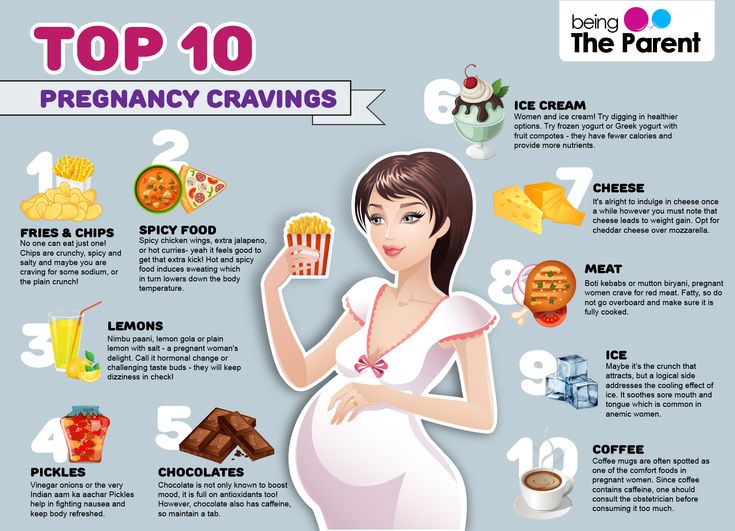 In addition, iodine is necessary for many other metabolic processes.
In addition, iodine is necessary for many other metabolic processes.
8. A lack of sodium in the body may indicate a constant desire to eat more hard cheese. To make sure that the body lacks exactly sodium, it is necessary to conduct the necessary tests. How to make up for the missing minerals, the doctor must definitely advise.
9. If folic acid and ascorbic acid do not enter the body in sufficient quantities, this may manifest itself in a constant craving for green vegetables.
10. Some pregnant women report wanting to drink beer, even though they are aware of the negative effects of any alcohol on the fetus. Such a desire may indicate insufficient intake of vitamin D, which is practically not produced by the body.
11. Deficiency in the body of pregnant iron and even iron deficiency anemia may be indicated by the desire to chew clay or ice, and even more strange attempts to drag cigarette butts or washing powder into the mouth. As you know, iron is necessary for proper hematopoiesis.
12. If a pregnant woman is irresistibly drawn to constantly eat chocolate, then this may be one of the signs of a lack of B vitamins in the body, which are necessary for the full functioning of the central nervous system.
13. If a pregnant woman constantly wants to see red meat in her menu, this may suggest a lack of proteins in the body, that is, proteins, the main building material for body cells.
14. A persistent desire to eat peaches or a constant desire to gnaw carrots can speak eloquently about the lack of beta-carotene in the body of a pregnant woman.
It is very important that a pregnant woman and her relatives adequately assess the desires that have arisen, because it is one thing just to want a chop or a few apricots, and quite another if the desire becomes obsessive. Just desires, even if they were previously unusual for a future mother, should not inspire any fears, but obsessive states simply need to be discussed with a doctor who monitors the course of pregnancy.
Source
is it possible to eat cheese during pregnancy
Elena Mazitova
Some pregnant women refuse cheese, believing that this product contributes to weight gain. And this is true if you use it a lot. But what about a small amount of product? What types of cheese can expectant mothers eat?
Why do you want cheese during pregnancy?
A strong need for a piece of hard cheese may be due to the body's desire to diversify the diet. In addition, cravings for a product often indicate a lack of protein and calcium, which are part of it. There is another theory, but it still has no scientific evidence. According to her, when a woman leans on cheese during pregnancy, it means that she will have a boy.
Is it safe to eat cheese during pregnancy?
Quite so when it comes to solid products.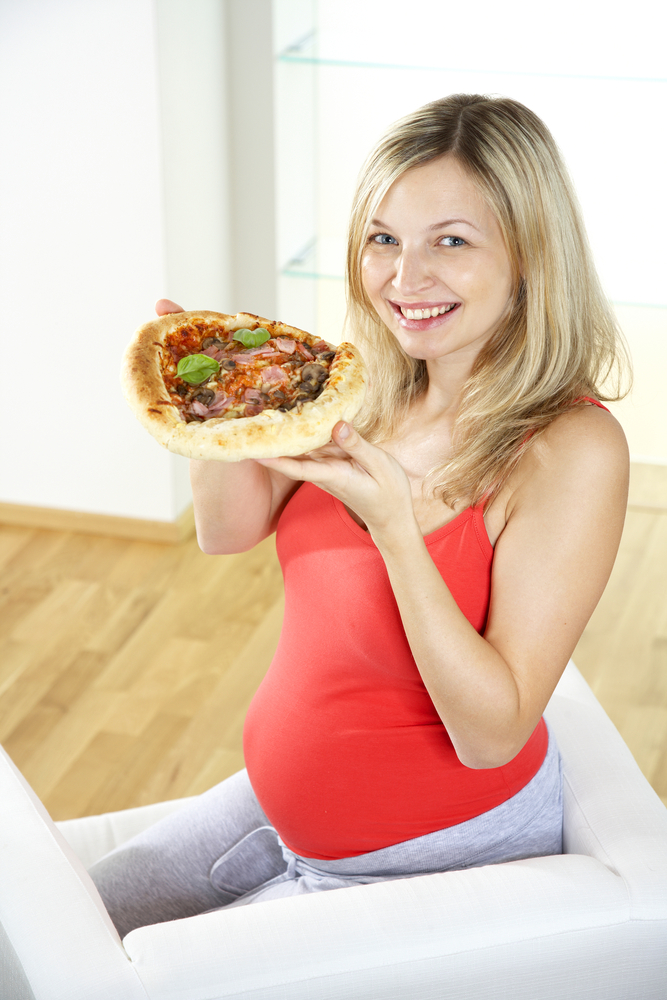 Such types of cheese contain a small amount of listeria bacteria, which do not affect the health of mother and baby. The same cannot be said about soft cheeses, especially blue cheeses. Passion for such a product can lead to a dangerous disease called listeriosis.
Such types of cheese contain a small amount of listeria bacteria, which do not affect the health of mother and baby. The same cannot be said about soft cheeses, especially blue cheeses. Passion for such a product can lead to a dangerous disease called listeriosis.
What types of cheese can pregnant women eat?
If you are expecting a baby, you can safely include hard cheeses (cheddar, emmental, halloumi, manchego, pecorino, parmesan, etc.) in the menu. They are made from pasteurized milk, which means that the content of listeria in the product is minimal.
Soft cheese lovers can also breathe a sigh of relief as it is safe to eat ricotta, mozzarella, cream cheese and mascarpone during pregnancy. With such a variety, you will pamper yourself and your baby with delicious and original dishes every day.
What cheese should expectant mothers not eat?
For at least 9 months, you will have to forget about cheeses with mold, which contain a huge amount of listeria bacteria (brie, camembert, cambozola, etc.
